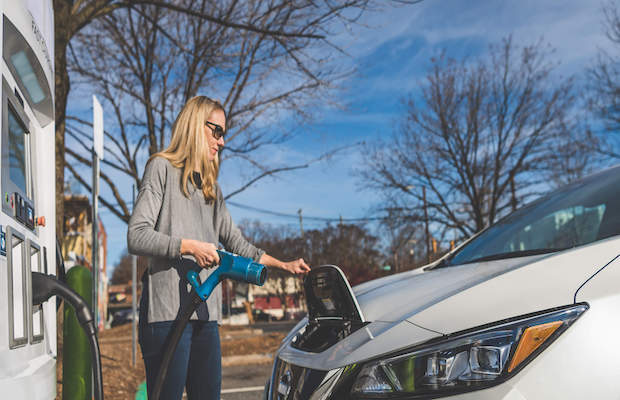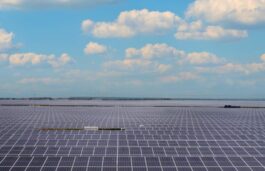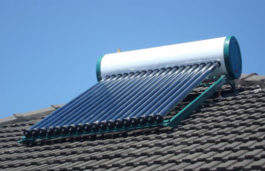
The proposal will help fund the adoption of electric school buses, electric public transportation, and will lead to almost 2,500 new charging stations in the state.

As part of its commitment to building a cleaner and smarter North Carolina, Duke Energy is proposing the largest investment in electric vehicle (EV) infrastructure ever in the Southeast – a $76 million initiative to spur EV adoption across the state.
In a filing with the North Carolina Utilities Commission (NCUC), Duke Energy outlined its watershed program that will provide incentives to customers. It will also lead to a statewide network of fast-charging stations to meet growing demand. The three-year program requires NCUC approval.
“North Carolina deserves a cleaner and smarter energy future, and supporting the use of electric transportation is a Duke Energy priority that will benefit our communities, customers and our state’s future,” said Lang Reynolds, Duke Energy’s director of Electrification Strategy. “This initiative will help accelerate public and private EV use while also reducing carbon emissions.”
The proposed initiative before the NCUC has several components:
Residential EV Charging: This program will provide a $1,000 rebate for qualifying Level II charging stations for up to 800 residential customers. Level II charging allows customers to charge their EVs up to six times faster than a standard wall outlet.
Public Charging: Duke Energy will install and operate more than 800 public charging stations across North Carolina, including DC Fast Charging, Public Level II and multifamily locations, which will expand the state’s network of EV charging stations.
Fleet EV Charging: The program will provide a $2,500 rebate for 900 qualifying charging stations for commercial and industrial customers who operate fleets that are transitioning to electric and plug-in hybrid vehicles. Municipalities and universities also qualify for these rebates.
EV School Bus Charging Station: Duke Energy will provide financial support to eligible customers to procure up to 85 electric school buses. Duke Energy will install the associated charging infrastructure.
EV Transit Bus Charging Station: Duke Energy will install and operate more than 100 electric transit bus charging stations for eligible transit agencies electing to procure electric buses. Electric transit buses eliminate diesel emissions and reduce fuel and maintenance costs for transit agencies.
Duke Energy’s proposal will help fund the adoption of electric school buses, electric public transportation, and will lead to almost 2,500 new charging stations in the state.
Currently, North Carolina has more than 10,000 plug-in hybrid and all-electric vehicles. It has approximately 600 public charging stations. This program expects to more than double that amount.



























